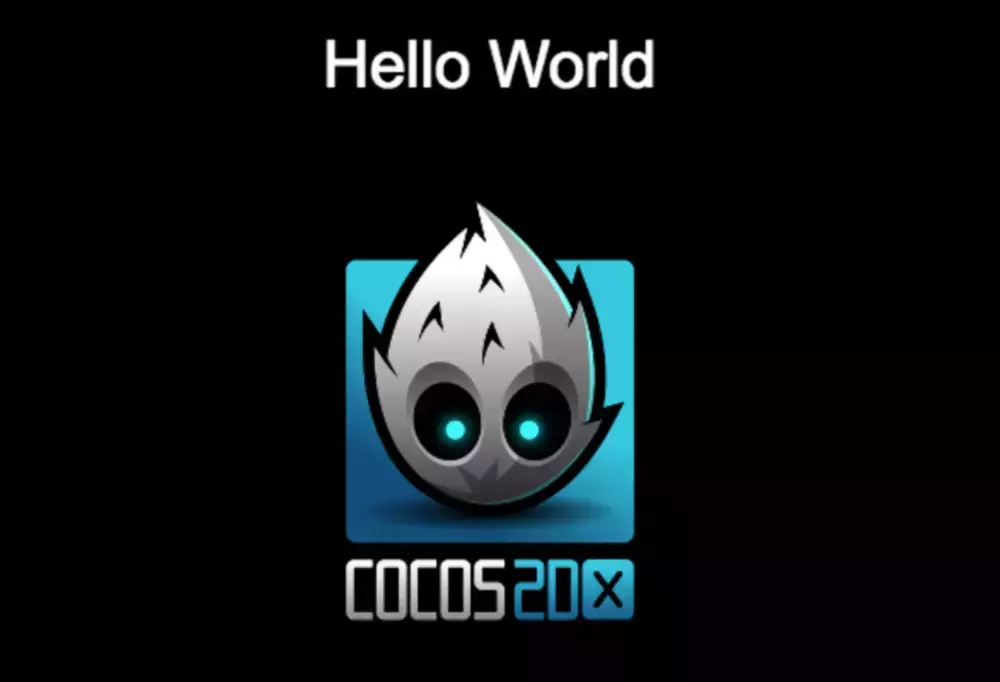Make cocos2dx-js modulization with webpack2
It is really easy to make small games with cocos2dx-js. But while project scale getting larger, there are 2 things would make you crazy.
- All the classes defined in global scope, you should always take care when name a new class.
jsListin project.json is more and more difficult to maintain.
Then it’s time to make cocos2dx-js project modulization.
Here are the steps of how to make cocos2dx-js modulization with webpack2.
1. Create cocos2dx-js project
cocos new CocosJSWebpack -p com.jmengxy.ccwebpack -l js
2. Add webpack to project
Create package.json
{
"name": "CocosJSWebpack",
"version": "1.0.0",
"main": "main.js",
"repository": "",
"author": "",
"license": "MIT",
"scripts": {
"start": "webpack && cocos run -p web"
},
"dependencies": {
"lodash": "^4.17.4"
},
"devDependencies": {
"webpack": "^2.5.1",
"webpack-dev-server": "^2.4.5"
}
}Create webpack.config.js
/* webpack.config.js */
const _ = require('lodash');
const webpack = require('webpack');
const path = require('path');
const SRC_DIR = path.resolve(__dirname, 'src');
const NODE_MODULES_DIR = path.resolve(__dirname, 'node_modules');
const OUTPUT_DIR = path.resolve(__dirname, 'dist');
var npmModules = require('./package.json').dependencies;
var vendorLibs = [];
if (npmModules) {
_.each(npmModules,function (item, key) {
vendorLibs.push(key);
});
}
module.exports = {
entry: {
app: `${SRC_DIR}/init.js`,
vendor: vendorLibs
},
output: {
path: SRC_DIR,
filename: "bundle.js"
},
plugins: [
new webpack.optimize.CommonsChunkPlugin({ name: 'vendor', filename: 'vendor.js' })
],
devtool: 'eval',
resolve: {
extensions: ['.js', '.json'],
modules: [
SRC_DIR,
NODE_MODULES_DIR
]
}
};3. Make changes to project
Open project.json and change jsList to
"jsList" : [
"src/vendor.js",
"src/bundle.js"
]Replace content of main.js with:
/* main.js */
cc.game.onStart = function() {
app.start();
}
cc.game.run();Create init.js in /src
/* init.js */
import _ from 'lodash';
import res from './resource';
import HelloWorldScene from './HelloWorldScene';
var g_resources = [];
_.each(res, function(item) {
g_resources.push(item);
});
window.app = {}; // need a better way to expose a global game objecta
window.app.start = function() {
var sys = cc.sys;
if(!sys.isNative && document.getElementById("cocosLoading")) //If referenced loading.js, please remove it
document.body.removeChild(document.getElementById("cocosLoading"));
// Pass true to enable retina display, on Android disabled by default to improve performance
cc.view.enableRetina(sys.os === sys.OS_IOS ? true : false);
// Disable auto full screen on baidu and wechat, you might also want to eliminate sys.BROWSER_TYPE_MOBILE_QQ
if (sys.isMobile &&
sys.browserType !== sys.BROWSER_TYPE_BAIDU &&
sys.browserType !== sys.BROWSER_TYPE_WECHAT) {
cc.view.enableAutoFullScreen(true);
}
// Adjust viewport meta
cc.view.adjustViewPort(true);
// Uncomment the following line to set a fixed orientation for your game
// cc.view.setOrientation(cc.ORIENTATION_PORTRAIT);
// Setup the resolution policy and design resolution size
cc.view.setDesignResolutionSize(960, 640, cc.ResolutionPolicy.SHOW_ALL);
// The game will be resized when browser size change
cc.view.resizeWithBrowserSize(true);
//load resources
cc.LoaderScene.preload(g_resources, function () {
cc.director.runScene(new HelloWorldScene());
}, this);
};Rename /src/app.js to /src/HelloWorldScene.js
Add import res from './resource'; as first line and export default HelloWorldScene; as last line to HelloWorldScene.js
Replace content of /src/resource.js to
/* resource.js */
export default {
HelloWorld_png : "res/HelloWorld.png",
};4. Every thing done
Then you can type npm start in your command line.
A few seconds later, you would see the image below, congratulations!

Enjoy modulization of cocos2dx-js now.